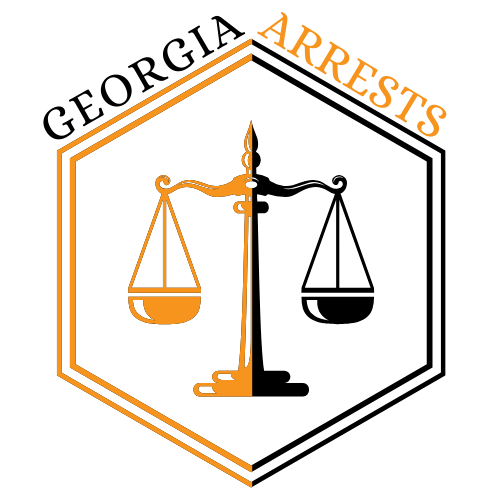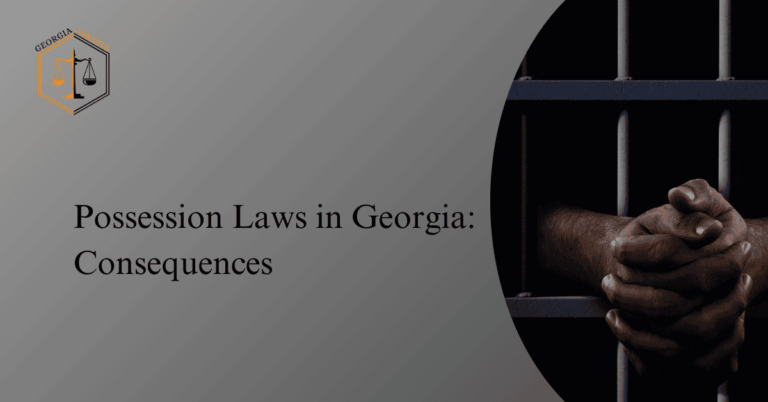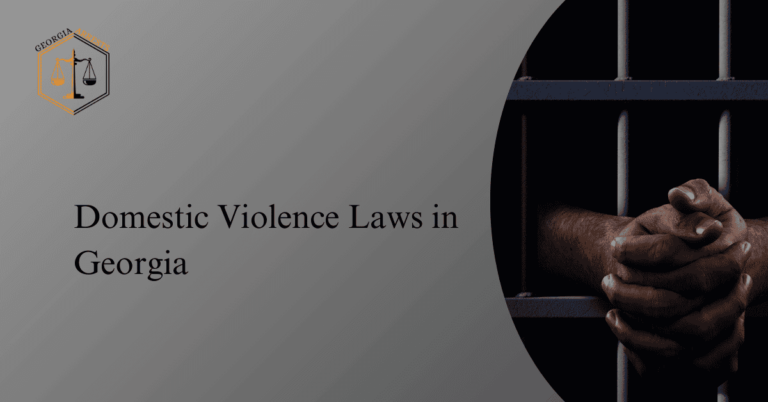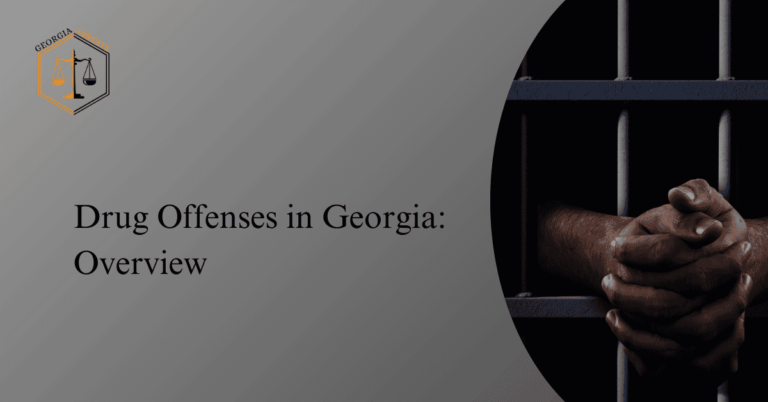Juvenile Offenses in Georgia: Laws
In Georgia, juvenile offenses are governed by specific laws aimed at ensuring the well-being and rehabilitation of young individuals who find themselves on the wrong side of the law. These laws outline the procedures and consequences for minors involved in criminal activities, emphasizing the importance of addressing their needs while holding them accountable for their actions.
Understanding the laws surrounding juvenile offenses in Georgia is crucial for parents, guardians, and legal professionals to navigate the complex system effectively. By being aware of the regulations in place, stakeholders can work towards guiding young offenders towards a path of rehabilitation and growth, ultimately contributing to a safer and more supportive community for all individuals involved.
Overview of Juvenile Offenses in Georgia
Georgia has specific laws and regulations in place to address juvenile offenses, which are crimes committed by individuals under the age of 1 These laws aim to provide rehabilitation and support for young offenders while also holding them accountable for their actions.
Importance of Understanding Juvenile Laws
Juvenile laws in Georgia is crucial for parents, guardians, and young individuals themselves. It ensures that everyone involved is aware of their rights and responsibilities when it comes to navigating the legal system.
Consequences for Minors in Criminal Activities
Minors who engage in criminal activities in Georgia may face various consequences, including community service, probation, or even time in a juvenile detention center. These consequences aim to deter young individuals from engaging in illegal behavior and encourage them to make positive choices.
Procedures for Young Individuals in Legal System
When a young individual is involved in the legal system in Georgia, there are specific procedures and protocols that must be followed. This includes court hearings, legal representation, and the opportunity for rehabilitation programs to help young offenders turn their lives around.
Role of Parents, Guardians, and Legal Professionals
Parents, guardians, and legal professionals play a crucial role in guiding young offenders through the legal process. They provide support, guidance, and advocacy to ensure that the best interests of the young individual are considered.
Guiding Young Offenders towards Rehabilitation
Rehabilitation is a key focus of the juvenile justice system in Georgia. By guiding young offenders towards rehabilitation programs, the goal is to help them address the underlying issues that may have contributed to their criminal behavior and support them in making positive changes.
Creating a Safer Community for All Individuals
Ultimately, the goal of addressing juvenile offenses in Georgia is to create a safer community for all individuals. By holding young offenders accountable for their actions and providing them with the support they need to make positive choices, we can work towards a more inclusive and secure society for everyone.
Frequently Asked Questions
Our Frequently Asked Questions section aims to provide detailed information and clarify common queries related to Juvenile Offenses in Georgia.
What are Juvenile Offenses?
Juvenile offenses refer to crimes committed by individuals who are considered minors under the law. In Georgia, the juvenile justice system handles cases involving individuals under the age of 1
What is the Juvenile Justice Process in Georgia?
The juvenile justice process in Georgia involves several stages, including arrest, detention, adjudication, disposition, and probation. Each stage is designed to address the needs of the minor while promoting rehabilitation and accountability.
What Are the Penalties for Juvenile Offenses in Georgia?
Penalties for juvenile offenses in Georgia vary depending on the severity of the crime and the minor’s criminal history. Possible consequences include probation, community service, counseling, or placement in a juvenile detention facility.
Can Juveniles Be Tried as Adults in Georgia?
In certain cases, juveniles in Georgia can be tried as adults, especially for serious offenses. The decision to transfer a case to adult court is based on factors such as the nature of the crime, the minor’s age, and their criminal history.
What Are the Rights of Juveniles in Georgia’s Justice System?
Juveniles in Georgia have rights that protect them during the legal process, including the right to legal representation, the right to remain silent, and the right to a fair trial. It’s essential for minors and their families to understand these rights and how they apply in juvenile court.
How Can Juveniles Get Help for Juvenile Offenses in Georgia?
If a minor is facing juvenile offenses in Georgia, it’s crucial to seek legal assistance from an experienced juvenile defense attorney. Additionally, resources such as counseling, intervention programs, and community services can help minors address underlying issues and prevent future involvement in criminal activities.







